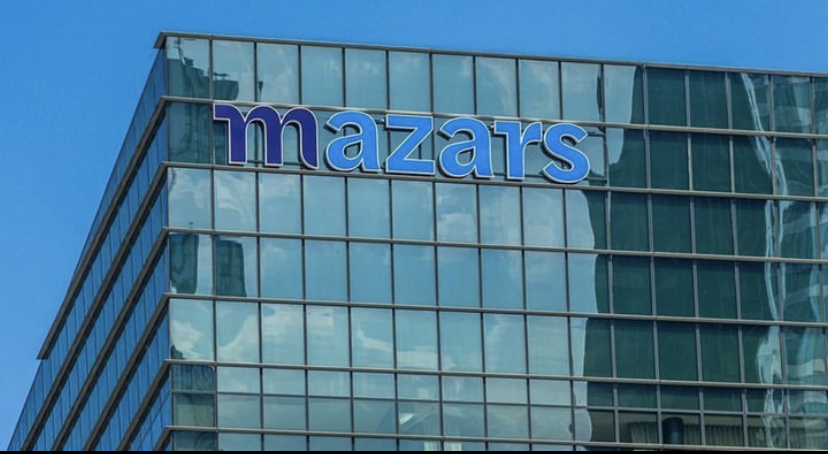Auditing
Crypto Auditors Are Disappearing Right When the Industry Needs Them
Auditors don't want to stake their reputations on businesses that aren't transparent.
Dec. 27, 2022

By Nate DiCamillo, Quartz (TNS)
At a time when the crypto industry is trying to rebuild trust, auditors who help crypto companies report their financials are backing out of the industry.
Without reliable auditors, investors who were once enthusiastic about digital currencies may stay on the sidelines.
After performing a proof-of-reserves assessment for crypto exchange Binance earlier in December, auditing firm Mazars announced it was withdrawing the assessment that its South African arm had put out, and its work with crypto firms in general. The audit was quickly criticized by regulatory experts for being insufficient and creating confusion.
For it’s part, Mazars said it had withdrawn the report because of “concerns regarding the way these reports are understood by the public” and the reports “do not constitute either an assurance or an audit opinion on the matter.”
When was the last time Mazars had pulled a report very publicly like this? This year, when its U.S. arm severed ties with Donald Trump after years of working with the former president and amid the New York Attorney General’s investigation into the Trump Organization.
Michael Burry, who started Scion Asset Management and predicted the financial crisis of 2008, said in December auditors who work with crypto firms are “learning on the job.”
Also in December, Forbes reported Armanino is closing its crypto audit practice and dropping its crypto clients. Armanino was named in a class-action lawsuit last month because it didn’t note problems at FTX.US when the firm audited the exchange last year.
In its apology to investors over being duped by FTX, Venture capital firm Sequoia Capital said it would hire one of the Big Four firms (EY, PwC, KPMG, and Deloitte) to audit early stage investments in the future.
Sequoia may have a tough time getting the Big Four to sign on to this new policy. In a response to Quartz about its proof-of-reserves audit, Binance said it had reached out to each of these auditing firms for an audit but had been denied.
This refusal could have been because Binance was searching for a proof-of-reserves audit, which entails telling the auditor what to do versus allowing a regular audit to take place. KPMG declined to comment, and the other Big Four auditors did not answer requests for comment by press time.
If the Big Four also leave the crypto space, crypto companies will have very few options. Grant Thorton confirmed to Quartz in an email it is still serving the industry, and BDO has also served the digital asset space in the past.
Crypto has a terrible history with auditors
Multiple auditors were burned in the FTX collapse. The fallen exchange used two auditors to avoid giving any one auditor a full view into the company, noted Francine McKenna, accounting professor at The Wharton School at the University of Pennsylvania. Both audits also looked “mailed in,” McKenna said.
The reports that Mazars South Africa put together for Binance, Kucoin, and Crypto.com weren’t full audits, however. The reason why it was able to rush in quickly after the collapse of FTX and rubber stamp proof of reserves audits was because Mazars is a smaller auditing company with less oversight over its affiliates, McKenna added.
“There are always going to be, even among accountants, people who are entrepreneurial and willing to take on more risk,” McKenna said. “The smaller the audit firm, the less rules they have in terms of member firms getting approval from an umbrella firm.”
_____
© 2022 G/O Media Inc. Visit qz.com. Distributed by Tribune Content Agency LLC.
